Meta’s Shift Away from Fact-Checking: A Mixed Bag for College Campuses
In a bold and controversial move, Meta CEO Mark Zuckerberg recently announced that the social media giant, which owns Facebook and Instagram, will no longer work with third-party fact-checking organizations. Citing concerns about bias and censorship, Zuckerberg emphasized the company’s desire to restore “free expression” and simplify its content moderation policies. While some hail this decision as a victory for free speech, others worry it will open the floodgates to misinformation and hate speech—an issue particularly concerning on college campuses, where tensions surrounding extremism and antisemitism are already high.
The Risks: Fueling Extremism and Targeting Vulnerable Students
- Increased Spread of Misinformation
Without third-party fact-checkers, platforms like Instagram and Facebook may become even more fertile ground for misinformation. For Jewish students already facing heightened antisemitic rhetoric, this could mean a surge in harmful content. Pro-Hamas narratives, Holocaust denial, and conspiracy theories about Jewish communities may spread unchecked, creating a more hostile environment on campuses. - Amplification of Extremist Rhetoric
Meta’s platforms are often central to campus activism. Protests and movements, including pro-Hamas rallies, heavily rely on social media to organize and amplify their messages. The absence of fact-checking could embolden extremist groups to disseminate inflammatory or dangerous rhetoric, potentially escalating tensions between groups on campus. - Psychological Impact on Jewish Students
For many Jewish students, the rise in antisemitic incidents has already taken a toll on their mental health and sense of safety. The spread of unchecked misinformation could exacerbate these feelings, making it harder for them to feel secure in expressing their identities and viewpoints. - Erosion of Trust in Digital Spaces
Social media often serves as a key tool for students to learn, share, and debate ideas. Without reliable fact-checking, students may find it increasingly difficult to discern fact from fiction, potentially undermining constructive dialogue and encouraging echo chambers.
Potential Benefits: Empowering Students and Highlighting Extremism
- Encouraging Critical Thinking
The absence of fact-checkers could challenge students to take greater personal responsibility for assessing the accuracy of information. This shift might encourage them to develop stronger media literacy skills—an essential tool for navigating today’s digital landscape. - Revealing True Extremism
Without fact-checking acting as a filter, the raw extremism of certain movements or groups may become more visible. While this could lead to harmful rhetoric spreading, it might also make it easier for universities and watchdog organizations to identify and address the most egregious actors. Sunlight, as they say, can be the best disinfectant. - Balancing Perceptions of Bias
One of the criticisms of third-party fact-checkers is the perception of political bias, particularly among conservative groups. By removing these organizations, Meta may reduce accusations of censorship, potentially creating a more balanced platform where diverse viewpoints can be heard. This could be a win for free speech advocates on campus. - Leveraging “Community Notes”
Meta’s planned “Community Notes” system, which allows users to collaboratively add context to potentially misleading posts, could empower students to hold one another accountable. If implemented effectively, this system could foster dialogue and collective responsibility.
Navigating the Road Ahead
Meta’s decision will likely have profound effects on the dynamics of college campuses. For Jewish students, it could deepen existing vulnerabilities, as unchecked antisemitic rhetoric finds a larger audience. For other groups, it could open new pathways for free expression. To address these challenges and opportunities, campus leaders and student organizations must be proactive:
- Enhancing Media Literacy Programs: Universities should equip students with tools to critically evaluate online content, helping them navigate a less regulated digital space.
- Creating Safe Spaces for Dialogue: Universities must foster environments where students from all backgrounds feel safe to express their perspectives without fear of harassment or intimidation.
- Strengthening Campus Reporting Mechanisms: Institutions should provide robust systems for reporting hate speech or threats, ensuring that incidents are addressed swiftly and transparently.
Conclusion
Meta’s move away from fact-checking represents both a challenge and an opportunity for college campuses. In a time of rising extremism and antisemitism, the absence of professional content moderation could exacerbate harm to vulnerable students, particularly Jewish communities. At the same time, it could encourage critical engagement and greater accountability among students themselves.
The ultimate outcome will depend on how campuses, students, and tech platforms adapt to this new digital reality. By prioritizing education, inclusion, and accountability, universities can mitigate the risks while harnessing the potential benefits of this controversial decision.



